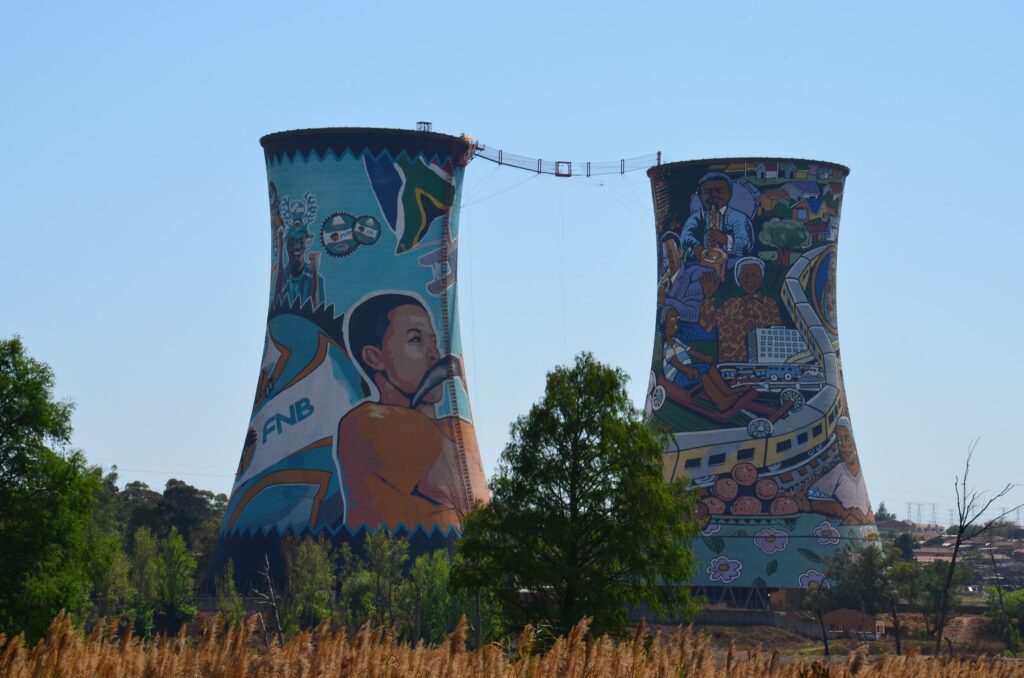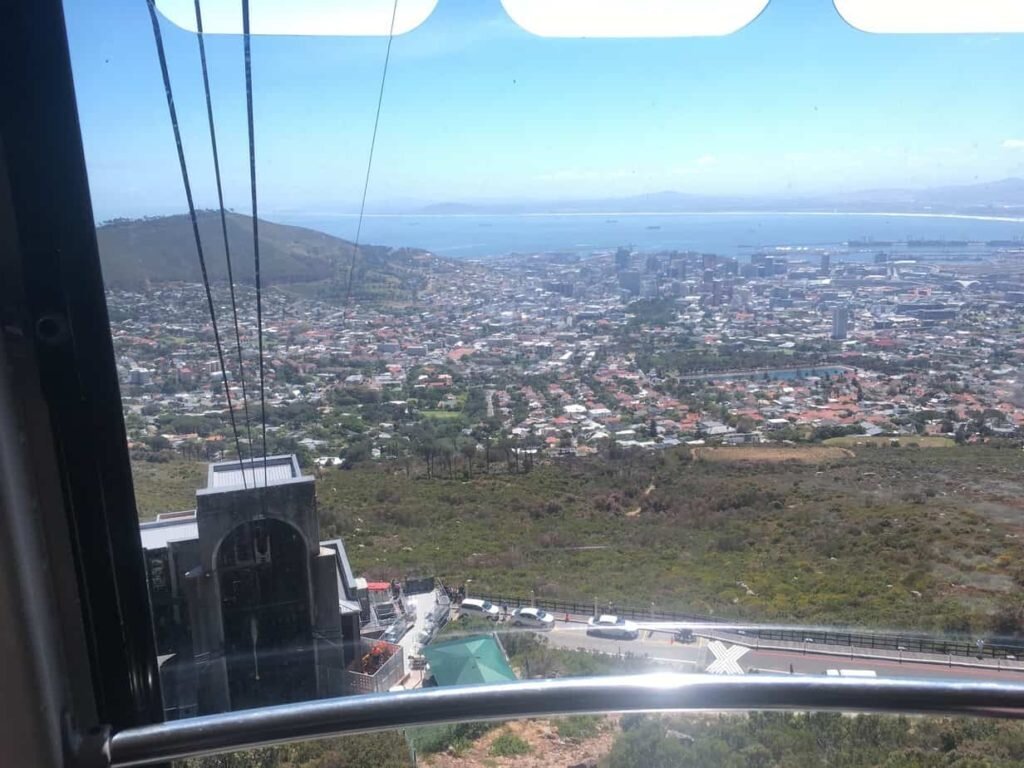
Originally published on January 16, 2022, on elliottdpaige.com.
Revised: July 31, 2024, 3:57 PM EST
Tapping Into the Untapped Potential of Global South Economies
A good friend of mine recently sent me an article from The Economist (December 10th, 2020 edition) titled, “Where economists focus their research – They don’t always look in the right places.” The article reveals a significant oversight in the world of economic research: the overwhelming focus on wealthy, English-speaking countries—what I call the “big five” (America, Australia, Britain, Canada, and New Zealand). The article points out that two-thirds of the 900,000 published research papers in economics focus primarily on these countries, leaving the rest of the world largely unexplored.


The Limits of Research Focus: A Missed Opportunity
The article rightly points out that economics is a social science, and as such, credible and accessible data are essential for replicable studies. This emphasis on verifiable data often leads researchers to concentrate on countries where data is plentiful and easily accessible, resulting in a cycle of repeated studies in the same regions. While this approach ensures robust results, it also perpetuates a narrow view of global economics, overlooking the unique challenges and insights from less-studied countries.
In many Global South countries, especially in Africa, statistical data is often scarce or unreliable due to under-resourced statistics departments. This lack of data presents a significant barrier to conducting research that meets the rigorous standards of replication required in social sciences. As a result, these regions’ economic challenges and opportunities remain underexplored, limiting the global understanding of economic phenomena.
The Overlooked Economists of the Global South
However, the article misses an important point: economists in less-studied countries are not idle. They are actively researching their own environments and developing solutions to their nations’ economic challenges. These economists, who live and work in these countries, deeply understand their economic morphology—an understanding that cannot be captured through external data alone.
During my graduate studies, I had the privilege of learning from a mix of central bankers, World Bank employees, and government consultants from the Dominican Republic. We studied the widely recognized economic models from the Big Five and applied these tools to the unique circumstances of Global South countries. These experiences taught me the value of combining established economic theories with local insights to create practical solutions for economic crises.
For example, in the Caribbean, we studied price elasticity and the impact of labor unions on inflation. These studies, based on local data and expertise, provided critical insights into the economic dynamics of small economies—insights that are often overlooked in broader economic research.

A Call for Collaboration: Solving Economic Crises Together
The global economy is interconnected, and economic crises in one part of the world can have far-reaching effects. The 2008 financial crisis in the U.S.A. is a prime example, with repercussions felt across the globe. While large economies may not be directly affected by the economic challenges of small countries like Haiti or Guatemala, the impact is seen in migration patterns as people seek better opportunities abroad.
This interconnectedness underscores the need for a more inclusive approach to economic research. Economists from the Big Five should broaden their horizons and collaborate with economists from the Global South. These collaborations can lead to richer, more diverse analyses and solutions that consider the unique challenges faced by different regions.
At Thera Solutions Group, in partnership with SASI World, we understand the importance of integrating diverse perspectives to solve complex global challenges. We advocate for economic collaborations that tap into the expertise of local economists, think tanks, and educational institutions in the Global South. By doing so, we can develop more effective policies and strategies that address the root causes of economic disparities and promote sustainable development.

Conclusion: The Power of Integrative Economic Research
The article from The Economist is correct in its call for a broader focus on economic research. However, the solution lies in expanding the geographical focus and fostering genuine collaborations between economists from different parts of the world. By leveraging the expertise of local economists in the Global South and combining it with the tools and models of the big five, we can develop more holistic and practical solutions to global economic challenges.
As a former Senior Economist in Antigua, I would have welcomed the opportunity to collaborate with renowned economists from the Global North. Such partnerships can lead to groundbreaking research that benefits both the countries involved and the global economy as a whole. It’s time to bridge the gap in economic research and work together to create a more inclusive and prosperous world.
Unlock Your Economic Potential
You have the power to drive change in global economics. Let Thera Solutions Group guide you on the path to impactful, integrative research. Schedule a meeting today and take the next step in leading your organization to success.
Read this on this link: a movie-like story of an airport gold heist.





